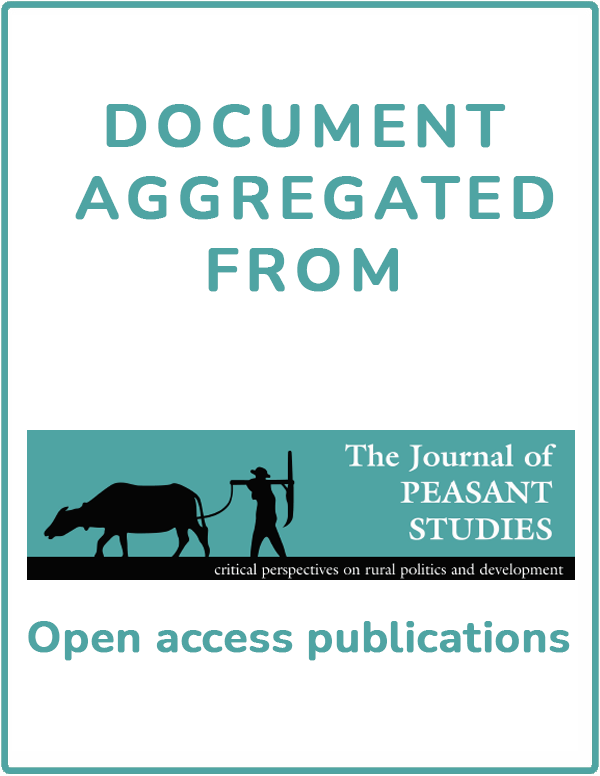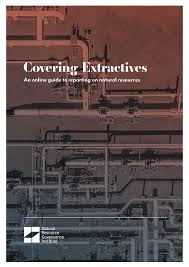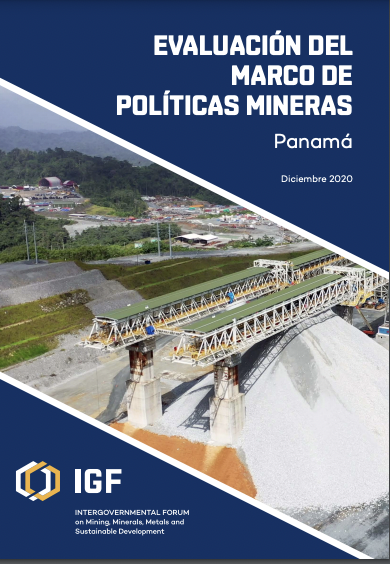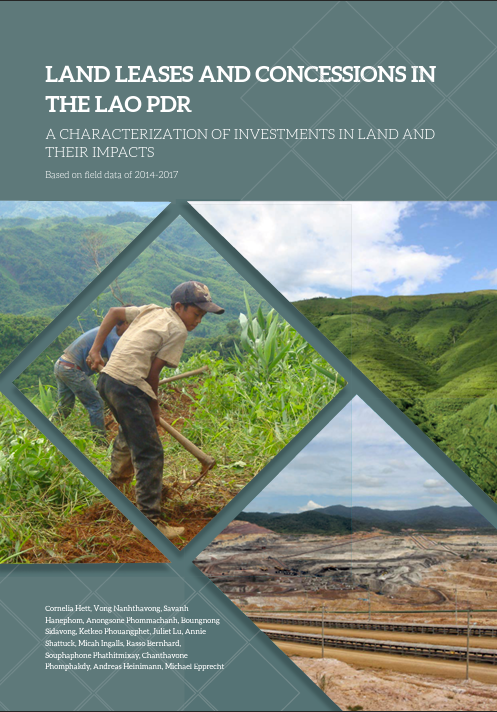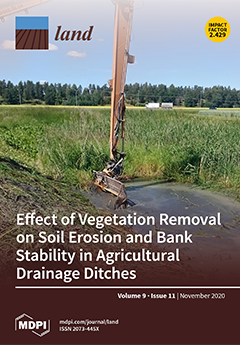Quantitatively Determining the Priorities of Regional Ecological Compensation for Cultivated Land in Different Main Functional Areas: A Case Study of Hubei Province, China
With the rapid economic growth and urbanisation process, a large amount of cultivated land has been permanently transformed into urban land. The protection of cultivated land has received widespread attention, and ecological compensation has been an effective means of restraining the decrease in cultivated land.





